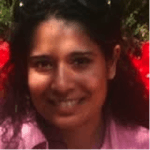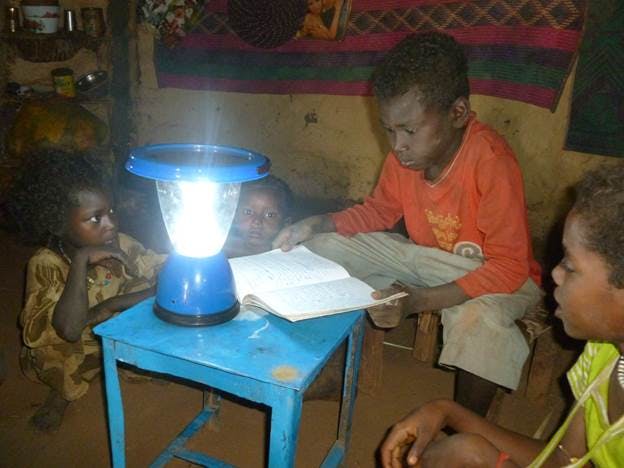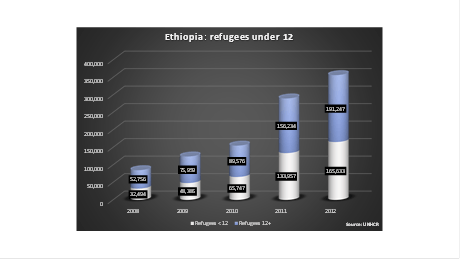Fleeing from conflict, coping with Typhoon Haiyan, or rebuilding after Haiti’s earthquake: Last year, there were more than 45 million people around the world who were refugees or displaced persons. Half of them were children.
For people affected by conflict or natural disasters, access to reliable, quality lighting supports a child’s education, protects women and girls from sexual violence, and promotes a safer childhood. Over 6 million people globally will spend at least 17 years of their life living in a refugee camp. For them, access to clean and safe energy solutions will enable children to do their homework after dark, reduce the risk of fire, support delivery of health care services, and provides economic opportunity.
In refugee contexts, ensuring access to safe, reliable energy solutions is a long-term issue that requires a multi-stakeholder effort.
Launched as part of the United Nations Sustainable Energy for All initiative, which is working to ensure universal access to modern energy services by 2030, the UN Foundation’s Energy Access Practitioner Network, through its 1,700-strong global membership, has worked to support the delivery of sustainable energy solutions to refugees and internally displaced people.
For example, Sunlite Solar, a member of the Network, is one of many social enterprises working to provide community and family lighting to refugee camps and families displaced by disaster. Last year, working with the UN Refugee Agency (UNHCR), the company distributed 250,000 portable solar lanterns to refugee camps and displaced people in over 10 countries, including the Philippines in the wake of Typhoon Haiyan.
In the aftermath of the typhoon, as health workers struggled to rebuild their clinics and care for patients in need, Network members We Care Solar and Stiftung Solarenergie, Philippines, partnered to provide “solar suitcases” to light up health care facilities in those areas of the country most affected by the terrible destruction from the typhoon.
The UN Foundation has also worked extensively in Haiti, where it supported work by the UN Population Fund (UNFPA) to install solar street lights to make nighttime access to toilets safer for women and girls after the devastating earthquake in 2010.
Through its work on the “Light Years Ahead” program, UNHCR estimates that just one solar-powered street lamp can provide at least 300 people in a refugee camp with cost-effective lighting, improved mobility, and enhanced security from sexual and other forms of violence.
To learn more about this important work for refugees and internally displaced people, visit www.energyaccess.org and www.unhcr.org.



 View All Blog Posts
View All Blog Posts
